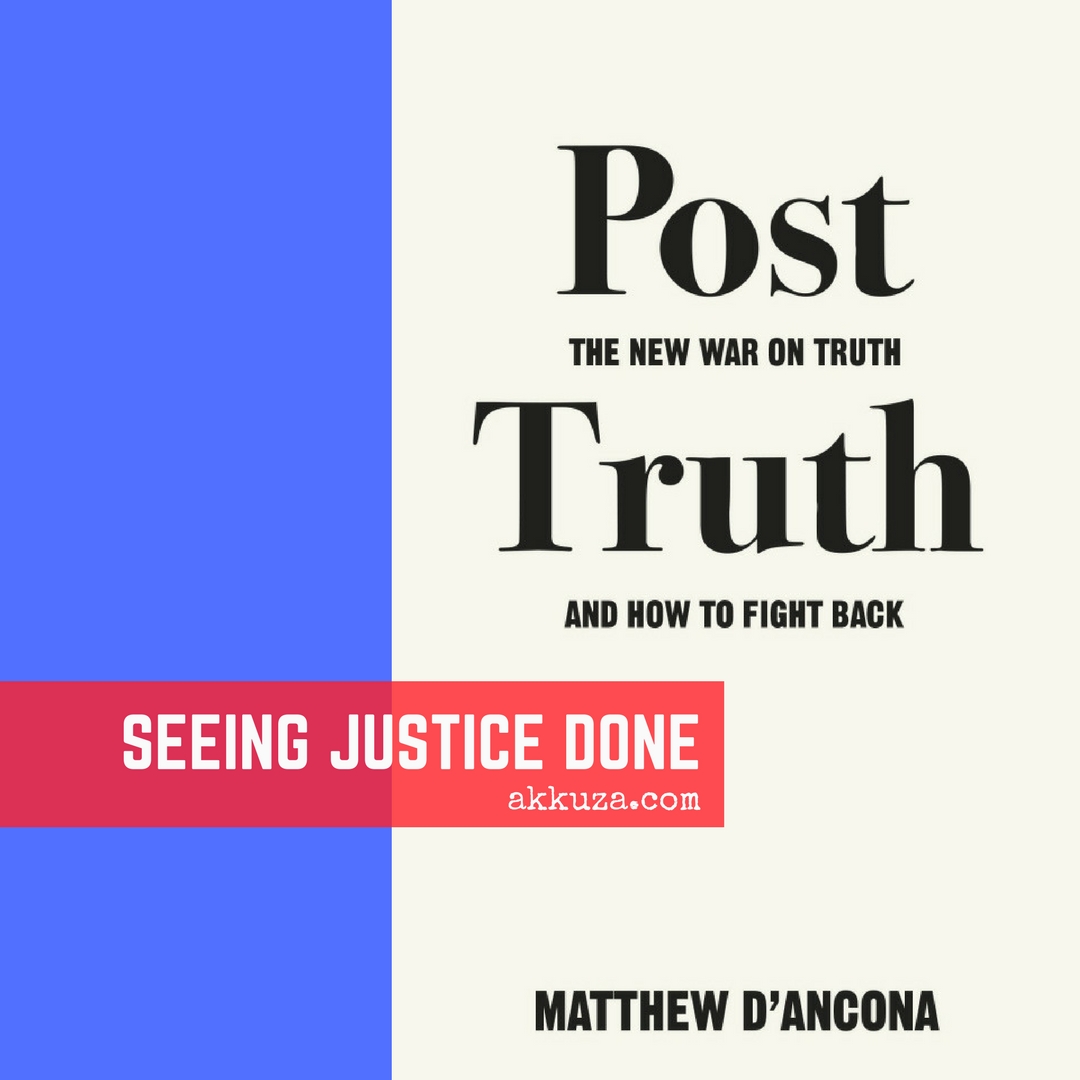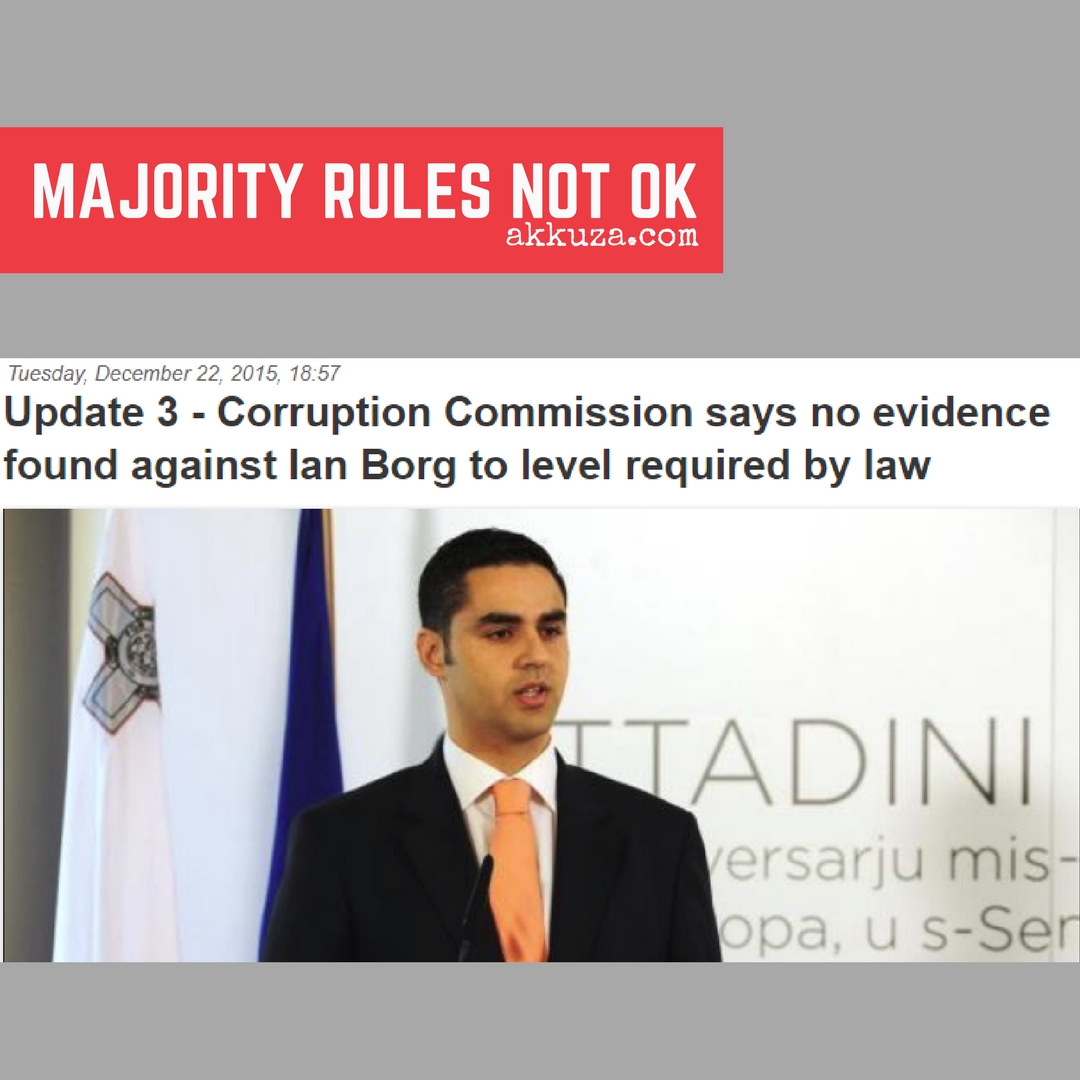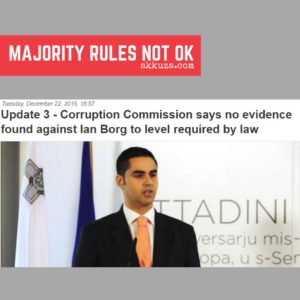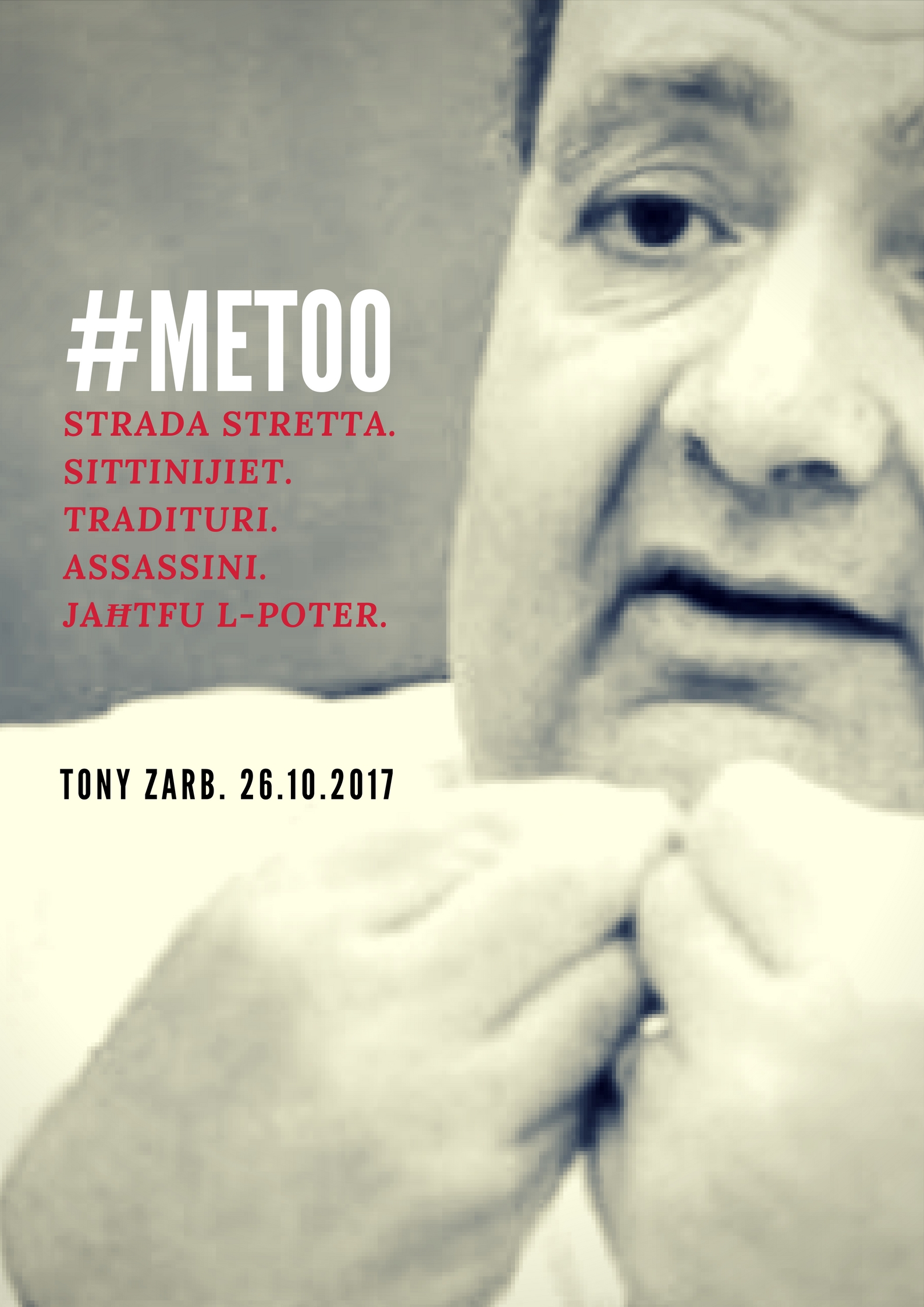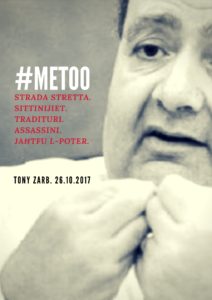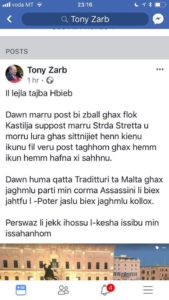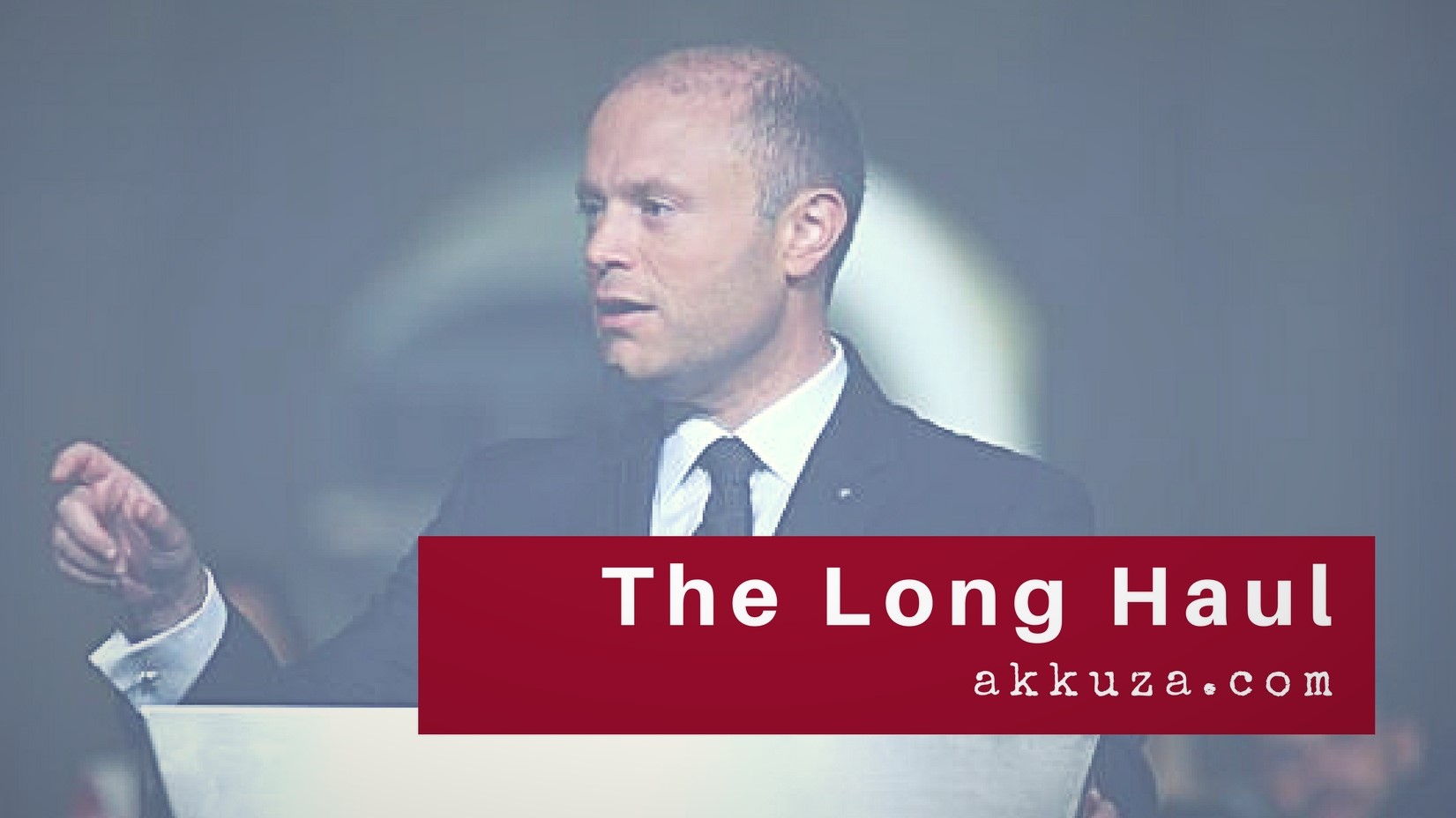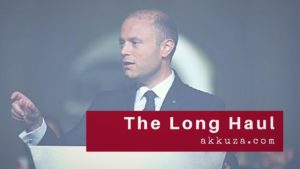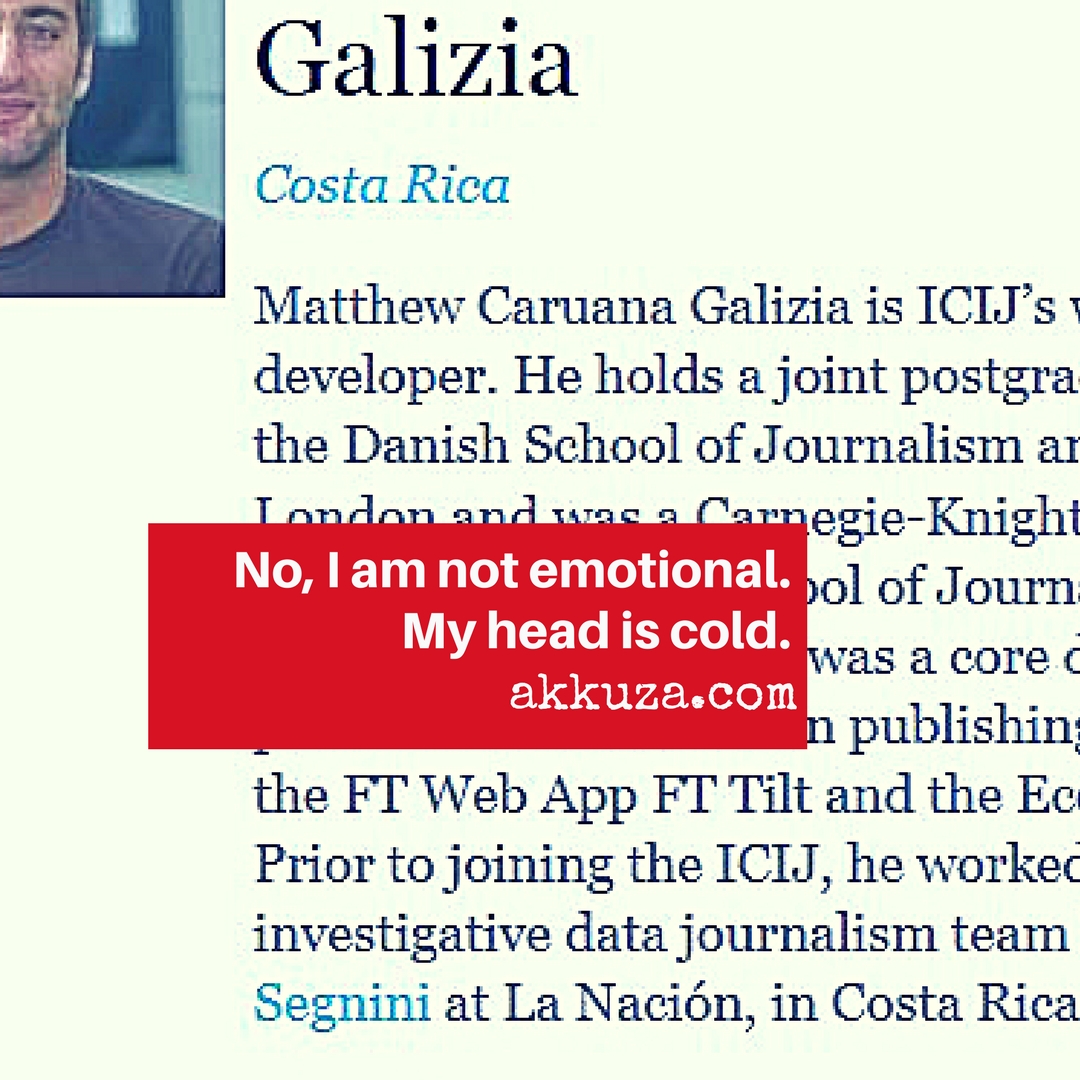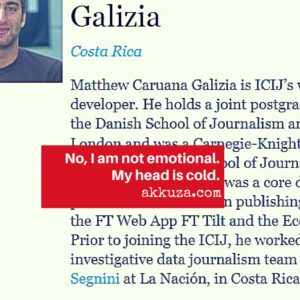
This article appeared in today’s Sunday Times of Malta.
In her Republic Day address, President Coleiro Preca stated that she believes “that the rule of law is as strong as the people acknowledge it to be, as much as they believe in it, cherish it, and continue to support it.” In her reference to the concept of “belief”, the President might have unintentionally struck an important chord that plays through the ongoing debate where the “rule of law” is concerned.
Seeing, in this period of Post-Truth Politics, is believing – even when what we see is a staged performance that is intended to reassure the emotional side of our thinking brains while at the same time numbing any rational reaction thereto. The phenomenon has been pigeonholed using various metaphors: the emperor’s clothes and Magritte’s pipe (ceci n’est pas une pipe) come to mind right now. Whole generations (particularly the baby-boomers) prize emotional sincerity over “the starchy pursuit of objective truth”.
Truth has been relegated to a relative importance in the list of priorities. It has to compete with the panoply of emotional expressions that have moved up on the popular agenda. The lack of forensic analysis, when people stop questioning the facts, has also meant that society has less time for ‘experts’. There is no trust in them. The Brexit and Trump phenomena followed on the heels of the financial crisis of 2008 when trust ratings in experts plummeted.
The collapse of trust is dangerous. As Matthew d’Ancona (who I rely upon quite liberally in this article) states “… all successful societies rely upon a relatively high degree of honesty to preserve order, uphold the law, hold the powerful to account and generate prosperity”.
Without the real value of truth our gauge of what the people appreciate shifts dramatically. Law, the rule of law, is not about faith. The very concept of a working system under the rule of law is not designed to work depending on the number of believers in the system. There is a word for a system based on belief: Religion. The rule of law is not about faith. Nor is it about hope – hope that justice is done. The danger of misinterpreting the phrase “seeing that justice is done” is based on the simple fact that it is part of a larger whole.
The full phrase in fact is, “Not only must justice be done, it must be seen to be done”. Remove the first part – actually and linguistically – and you get an act of prestidigitation, where you are made to believe that something is there when it is not. Such a magic act requires a theatrical appeal to emotional intelligence of the highest kind: it not only requires that you believe but also that you suspend that belief and actually believe what you are being told that you should see.
“Seeing justice done” should in fact be the final act of a progression of events that include justice actually being meted out. In the past weeks we have seen the concept of the rule of law twisted and turned beyond recognition. The danger is that people begin to believe that what they see in action is the rule of law when actually it is the rule by law. In his Commentary on the Constitution Tonio Borg sets out the distinction clearly: “So the rule of law is a concept which gauges not just the number of laws enacted but their nature and direction. It is also a political concept so that something, which is clearly within the parameters of the law, may still go against the rule of law in spirit.”
Watching Chris Fearne squirm to Tim Sebastian’s questioning on the Conflict Zone (DeutscheWelle) was not pleasant. Fearne brought up “the rule of law” often and it was like the devil quoting scriptures. The Prime Minister appealing in court in order to stop inquiries, redacted contracts because commercial interests trump public interest, quoting laws in order to prevent sharing of information regarding passport buyers… that is just an aperitif.
We have naively called the new religion out as spin. It is not just spin. It is a dangerous belief system that is supplanting what should be a concrete system based on law and inspired by natural justice. Bringing three men before the courts of law for the heinious murder of a journalist can never be seen as the final curtain call that proves that all is well in the state of the Republic.
Believe me, it is not.
Jacques Zammit is a référendaire at the Court of Justice of the European Union and one of the founders of the Advocates for the Rule of Law. Opinions expressed in this article are strictly personal.
